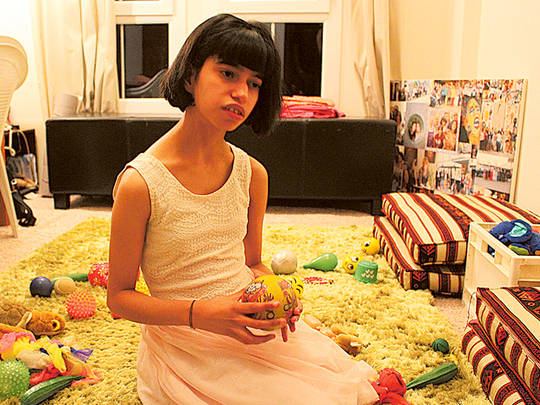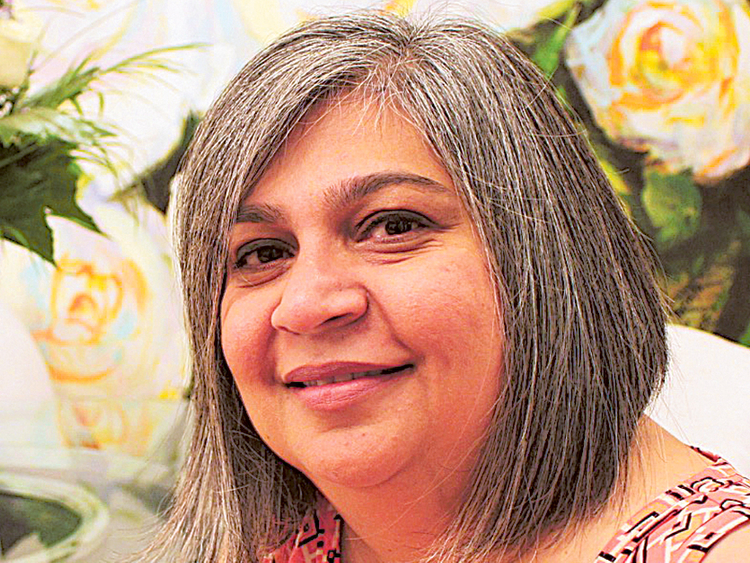
Dubai: ‘Children come and stare at her like she is in a zoo or something and the parents are watching and they don’t stop this behaviour,” said Gulshan Kavarana, mother of Zara, of how society often behaves with children with special needs.
Zara, 18, has Dravet syndrome, considered to be part of the autism spectrum.
Kavarana’s second child, Zara, was born healthy. However, by the time she was 18 months old, she started to have seizures and was diagnosed with epilepsy.
“When she was three, she stopped whatever she was doing and regressed. It was a very, very difficult time for the whole family, not just for me.”
When Zara was 12, she was diagnosed with Dravet syndrome, also known as Severe Myoclonic Epilepsy of Infancy (SMEI). “Children who have Dravet syndrome are on the autism spectrum,” said Kavarana.
Though she is 18, Zara looks like a child. She is non-verbal, makes no eye contact and does not interact with anyone. She is in her own world and plays in her own play area.
Faced with mounting emotional stress from how people treated Zara, Kavarana decided to start a support group so she could meet people she could relate to.
“I didn’t want to speak to parents, my friends or my family who all had normal children. I have been in the normal world and I knew what that felt like. But I did not experience having a child with special needs.
“I hated everyone looking at me with pity, ‘Oh, you poor thing, you have to deal with this’. I couldn’t stand that and I was getting that. I still get that,” said Kavarana.
She explained the importance of having a support group. “When you are with mums and dads who are in a similar situation, you don’t get the [pity]. Everyone is struggling. Everyone wants to share their stories. Everyone wants to tell you what worked with their child. I think that’s the biggest benefit of having and being a part of a support group.”
Gulshan looks forward to the day when there are affordable centres or facilities that can support the efforts of parents of children with special needs.
“You are always with your child and you need a break. Your child is an adult, they need a break as well. There are no centres, no residential homes. It is very hard. You have other children, they get left out, because you are always looking for places that a child with autism can go to.”
The big concern, however, is life after 18 for Zara.
“After the child turns 18, where are they supposed to go? Dh400 an hour for therapy, how many people can afford that?”
Gulf News tried contacting a number of private centres in Dubai who provide classes such as occupational therapy and speech therapy for young adults with autism and the price range begins at Dh350 and upwards.
Autism support centres
There are many centres in the UAE that provide care, management for children with autism. Most schools are operating at full capacity and with long waiting lists.
Dubai
- Dubai Autism Centre: 55 students and over 300 people on waiting list.
- Safe Centre in Dubai: 47 students and over 80 people on waiting list.
- Autism Trust in Dubai: 42 students.
Abu Dhabi
- New England Centre for Children in Abu Dhabi: 112 students and they have 55 students in mainstream schools.
- Emirates Autism Centre in Abu Dhabi: 50 students, people on waiting list attend school in afternoon for support.
- Gulf Autism Centre in Abu Dhabi: 45 students and over 50 on waiting list.








